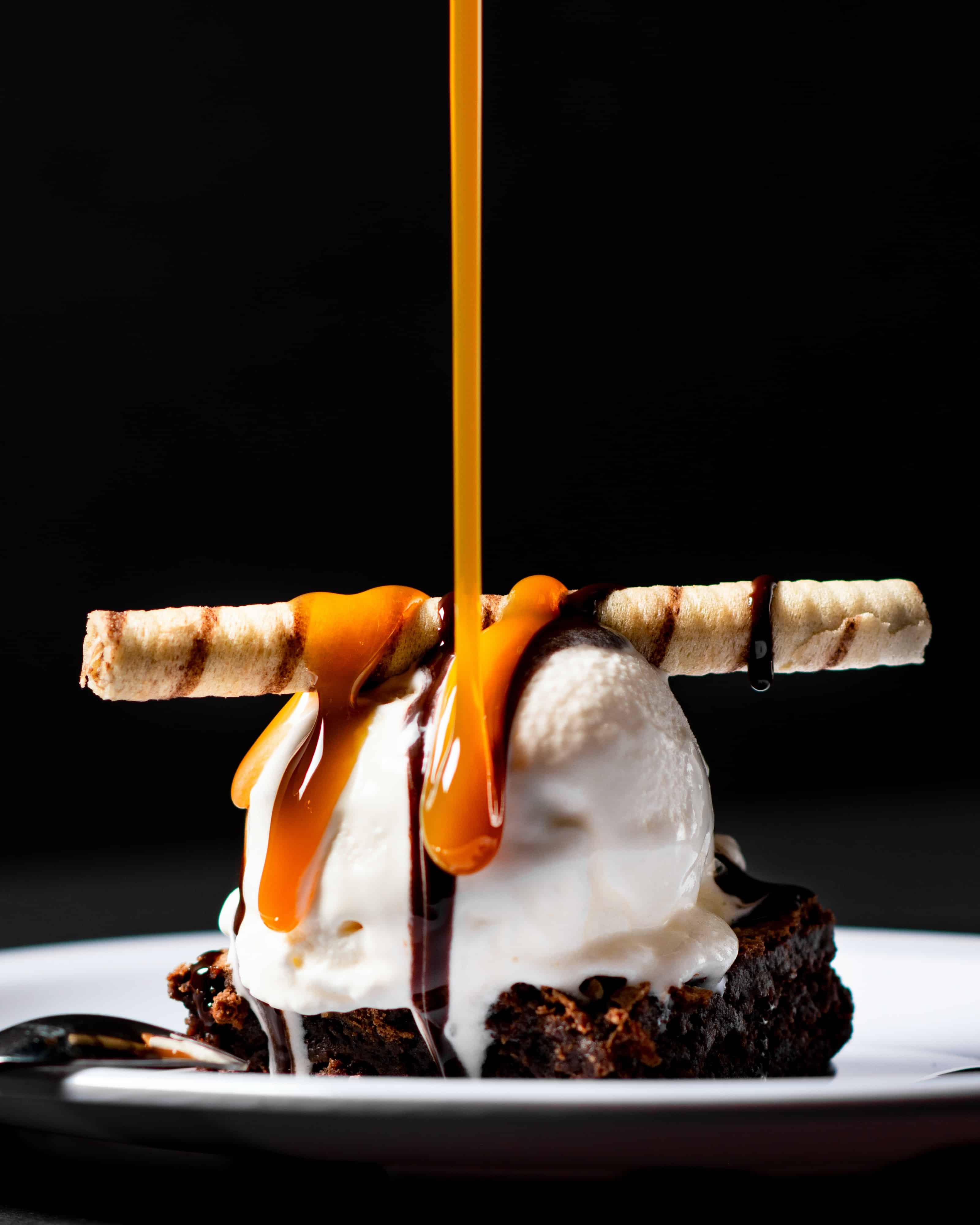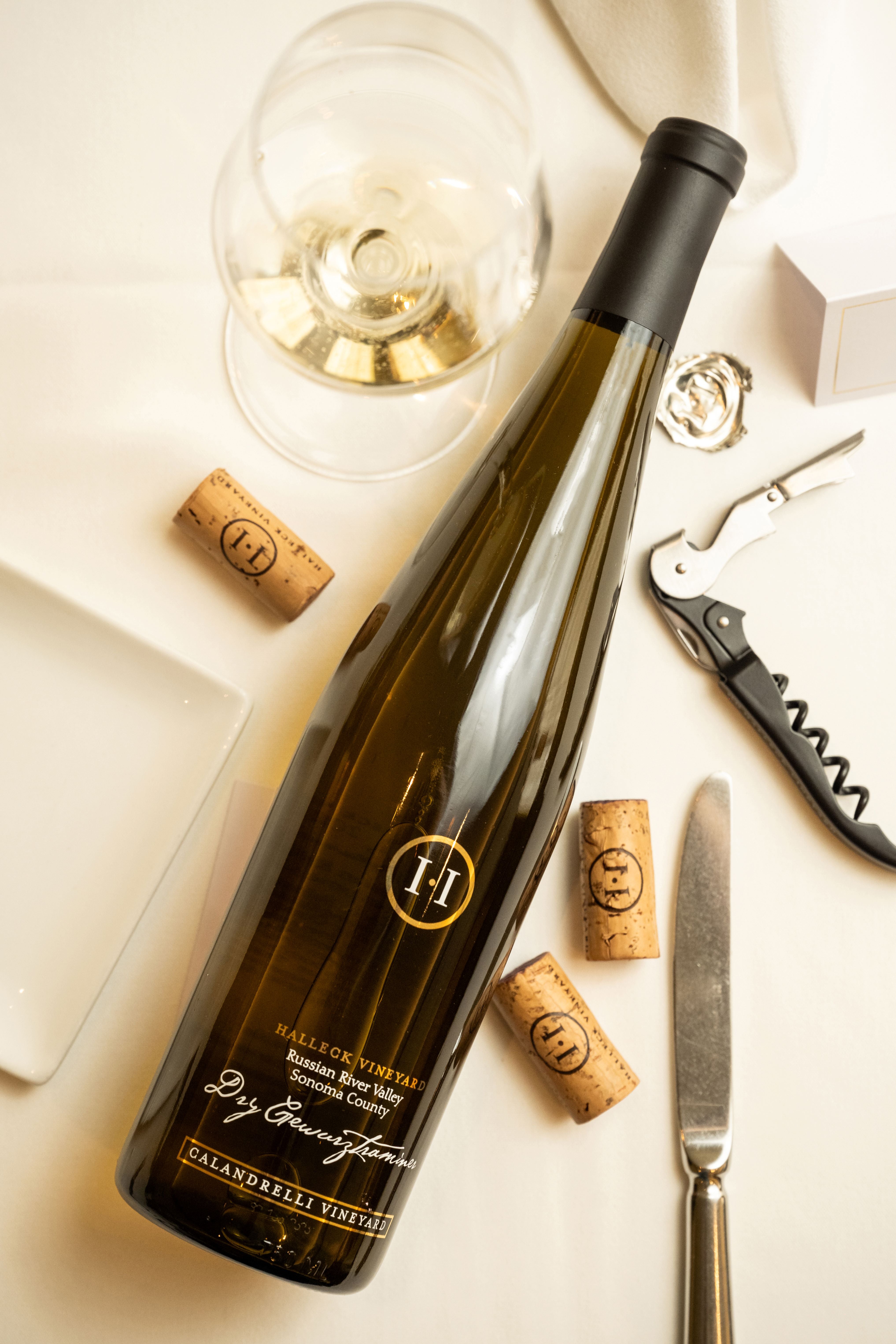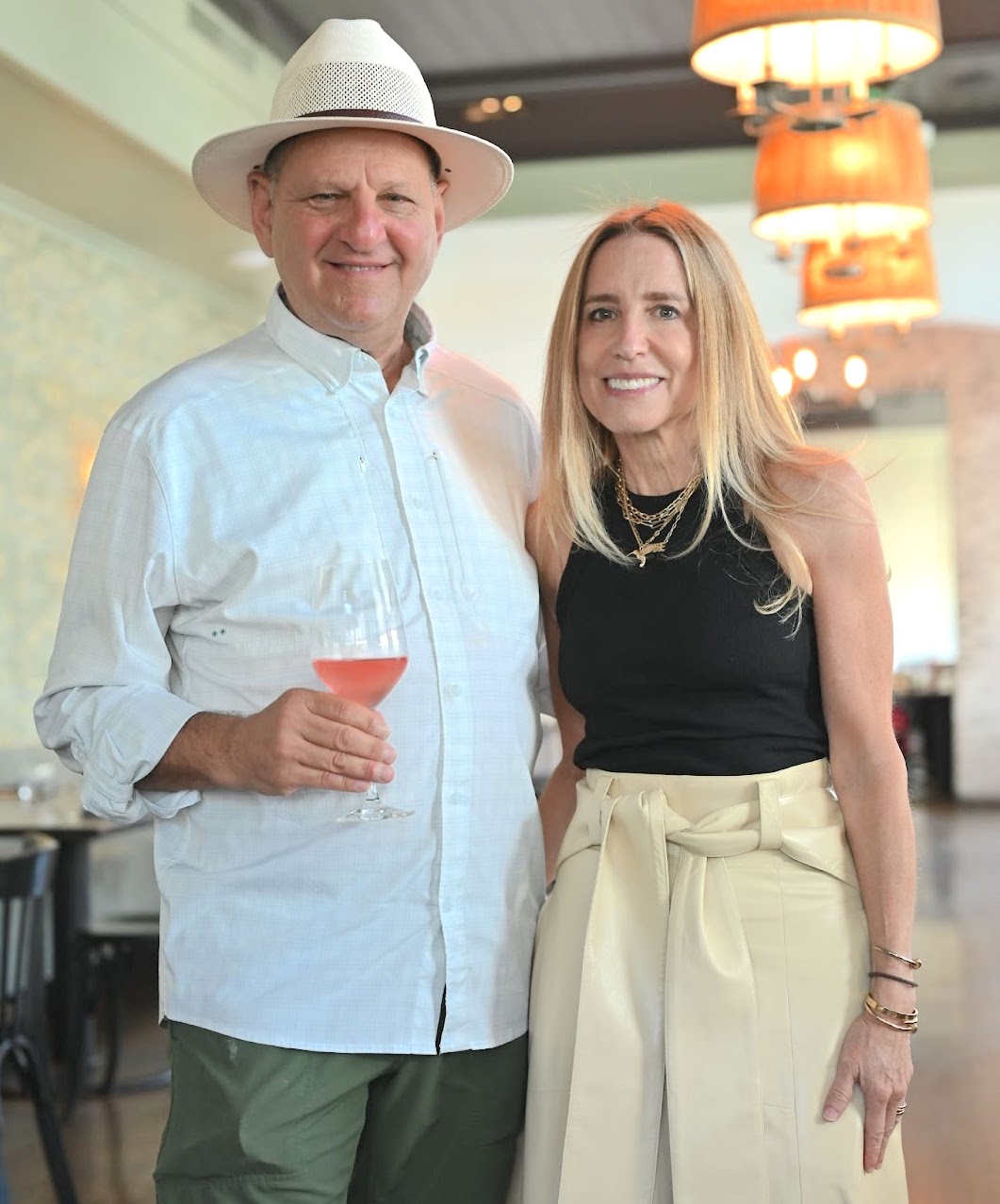Rustic Family-Owned Wineries In Sebastopol - Best Vineyard Visits In Sonoma
Rustic Family-Owned Wineries In Sebastopol - Best Vineyard Visits In Sonoma
Blog Article
Wineries Offering Educational Wine Seminars - Discovering Sonoma Area Wineries
Visiting a winery for a wine tasting could be a fascinating experience, especially when you know the way to maximize the opportunity with tasting notes. These notes function a guide to understanding the complexities of the wines you sample and help in forming a deeper reference to every pour. Using tasting notes can remodel your experience, permitting you to savor not simply the style but additionally the story behind each bottle.
Every wine has a singular profile influenced by grape variety, terroir, and winemaking techniques. Understanding these elements can enhance your appreciation of the wine. When you are given a tasting menu or a flight of wines to pattern, take the time to learn via any descriptions provided (Wineries Offering Charcuterie And Wine Pairings). This initial overview can set the tone and expectations for your tasting experience.
Start your wine tasting by observing the wine in your glass. The shade can reveal a lot concerning the wine’s age and varietal. Take notes on the hue, readability, and viscosity. A well-structured tasting note often consists of this visible evaluation as it types the inspiration of your analysis. While it might appear trivial, the visible aspect is crucial in wine tasting.
Wineries Featuring Vineyard Tours - Sonoma Wine Tasting Tour
After your visual evaluation, it's time to take a gentle whiff. Swirl the wine in your glass to aerate it, releasing its aroma. This is the place tasting notes become significantly useful. Make notes about the totally different scents you detect—fruits, spices, or floral hints. Identifying these aromas will allow you to put words to the intrinsic complexities of the wine you may be sampling.

The next essential step is the tasting itself. Take a small sip and let the wine roll over your palate. Note the flavors you experience. Are they candy or tart? Where does your palate detect each flavor? Some wines may current quick sweetness followed by a tannic end. Use your tasting notes to document these layers, making a roadmap of your sensory experience.
Think About also the mouthfeel of the wine as you style. Is it easy, crisp, creamy, or perhaps tannic? This textural quality considerably influences the general enjoyment and impression of the wine. Observing the mouthfeel can reveal the quality and craftsmanship behind the winemaking process.
It Is useful to compare completely different wines as you taste them. If you're sampling a flight with contrasting varietals, make an observation of the variations you understand. How does the acidity differ from one wine to another? Which wine feels fuller, and which is more refreshing? This comparative exercise deepens your understanding and helps sharpen your analytical skills.
Exclusive Wine Clubs In Sonoma - Discovering Sebastopol's Wineries

Interact with the winery workers while tasting. Knowledgeable hosts usually share insights about the vineyard's history, the precise vintage, or the winemaking philosophy, enriching your appreciation of the wine. Do Not hesitate to ask questions that pique your interest based mostly in your tasting notes. Many hosts get pleasure from discussing their wines and can supply a wealth of knowledge that isn’t available from printed materials. Wine Tasting Experiences With Local Cheese.
Hold in thoughts the seasonality of wines as you taste. Totally Different wines evoke diversified moods and pair well with distinct culinary experiences. Take notes on the way you would possibly enjoy a specific wine with food. This not solely adds context to your tasting notes but in addition aids future alternatives and purchases.

One Other useful tip whereas using tasting notes at a winery is to report your impressions immediately. As wines can mix and create a uniform flavor memory, jotting down your ideas promptly ensures a more correct reflection of your experience. Use adjectives that resonate with you, crafting a personal vocabulary to explain each wine based mostly on your preferences.
After finishing the tasting, review the notes you’ve taken. Mirror on which wines stood out to you and home why. This reflection reinforces your tasting experience and highlights what you might seek in future purchases. If you have noted particular aromas or flavors that captivated you, this information empowers you to decide out wines that align with your palate.
Exclusive Wine Clubs In Sonoma - Wine Tasting At Sonoma Vineyards
Wine tasting can even function a chance for socializing. Sharing your tasting notes with companions can ignite engaging discussions on flavors, preferences, and impressions. This communal side of wine tasting typically enhances the experience, cementing lasting reminiscences that you can recall with a cup of wine in hand.
In conclusion, using tasting notes at a winery wine tasting can significantly enhance your experience. By observing the visible elements, aromas, flavors, mouthfeel, and even the stories behind the wines, you create a wealthy tapestry of notes that can guide your future wine experiences. Engaging with the workers, comparing wines, and reflecting in your impressions will deepen your appreciation for the art of winemaking. Each tasting is a chance to discover and connect with wines in thrilling new ways. With practice, your tasting notes will evolve, changing into a cherished element of your wine journey.
Wineries Providing Guided Vineyard Walks - Discover Sebastopol's Wine Scene
- Start by familiarizing yourself with the winery's tasting notes; they usually describe the wine’s aroma, flavor profile, and end, offering a helpful framework.
- Use your senses of sight and odor before tasting; swirl the wine in your glass, observe its shade, and inhale its bouquet to seize the wine's preliminary characteristics.
- When tasting, take a small sip and let the wine coat your palate; focus on the first flavors and any secondary notes that will emerge, similar to fruit, spice, or earthiness.
- Pay attention to the texture and mouthfeel of the wine; is it easy, tannic, creamy, or crisp? This facet can significantly improve your understanding of the wine.
- Evaluate the tasting notes together with your sensory experience, noting any similarities or discrepancies, which may deepen your appreciation of each wine’s complexity.
- Contemplate the wine’s growing older potential by analyzing its structure and steadiness; some wines may be pleasant now, whereas others might evolve superbly over time.
- Take notes during the tasting; recording your impressions may help you keep in mind each wine higher and refine your palate for future tastings.
- Engage with the tasting workers; ask questions concerning the wine production course of, grape varieties, and the specific notes you are detecting to reinforce your knowledge and experience.
- Discover pairing suggestions alongside your tasting; understanding which meals complement the wine can enrich both the tasting experience and your appreciation for the wine's nuances.
- Respect various preferences among your group; wine tasting is subjective, and inspiring open dialogue about individual tastes can result in a more gratifying and informative experience.undefinedWhat are tasting notes, and why are they essential at a wine tasting?undefinedTasting notes are descriptions of the flavors, aromas, and total impressions of a wine. They are essential as a end result of they guide your palate and enhance your understanding of the wine's traits, serving to you respect completely different varieties and styles.
How should I take notes throughout a wine tasting?undefinedYou should give consideration to key elements similar to aroma, flavor, body, acidity, and finish. Use a structured format or template to categorize your ideas and write down your impressions immediately after tasting. This helps you keep in mind your thoughts later.
Can I use my very own words to describe a wine, or ought to I stick to straightforward tasting terms?undefinedYou can absolutely use your individual words to describe a wine. While commonplace tasting terms might help convey particular qualities, personal descriptors add authenticity to your notes and can make your wine experience more gratifying and relatable.
Should I focus on particular flavors in the wine or the overall experience?undefinedEach aspects are essential. Whereas particular flavors help you determine the distinctive characteristics of a wine, the overall experience encompasses how all parts combine—creating a extra holistic understanding of the wine.
Wineries Near Highway 12 - Sonoma Wine Retreats
What if I cannot determine certain aromas or flavors throughout a tasting?undefinedIt’s common to have issue identifying particular tastes or scents. Don’t hesitate to ask for help or steering from the employees at the winery. They can present insights and help refine your palate over time by way of wineries with outdoor seating practice.
How can I use tasting notes to choose wines within the future?undefinedBy reviewing your tasting notes, you'll have the ability to determine your preferences and trends in your wine decisions. This allows you to choose wines that align with your palate in future tastings and purchases, making your experience more gratifying.
Is it applicable to check wines during a tasting?undefinedSure, comparing wines can be helpful. It helps highlight the differences in flavor profiles and attributes, allowing you to develop a deeper appreciation and understanding of every wine's distinctive qualities.
What ought to I do if I disagree with the tasting notes provided by the winery staff?undefinedDisagreement is a pure a part of wine tasting! Use it as a chance to debate your impressions with the staff; they'll present additional context or details about the wine, which might enrich your experience.
Wineries Known For Their Hospitality - Best Winery Located In Sonoma
How should I organize my tasting notes after the event?undefinedAfter the tasting, arrange your notes by wine type, producer, or personal choice. Consider creating a digital or physical journal which could be referenced for future tastings and wine selections, making it simpler to recall your experiences. Report this page